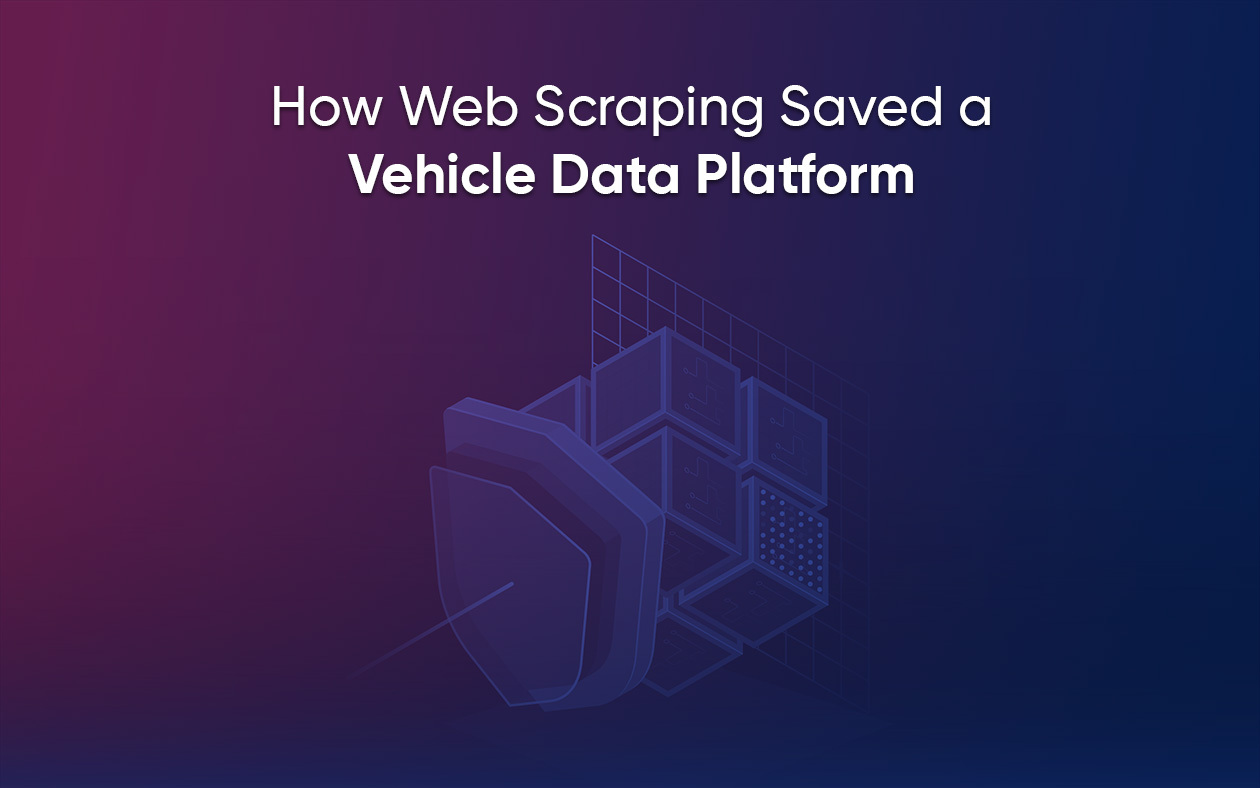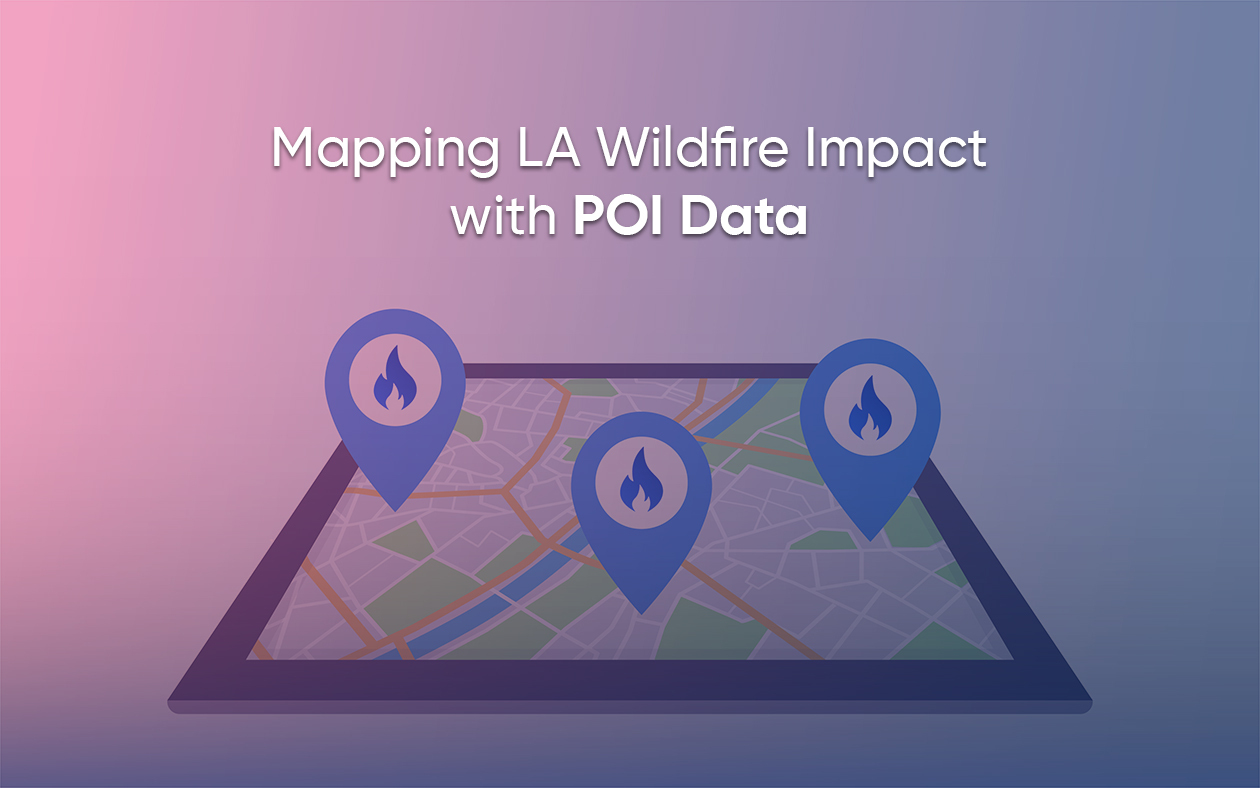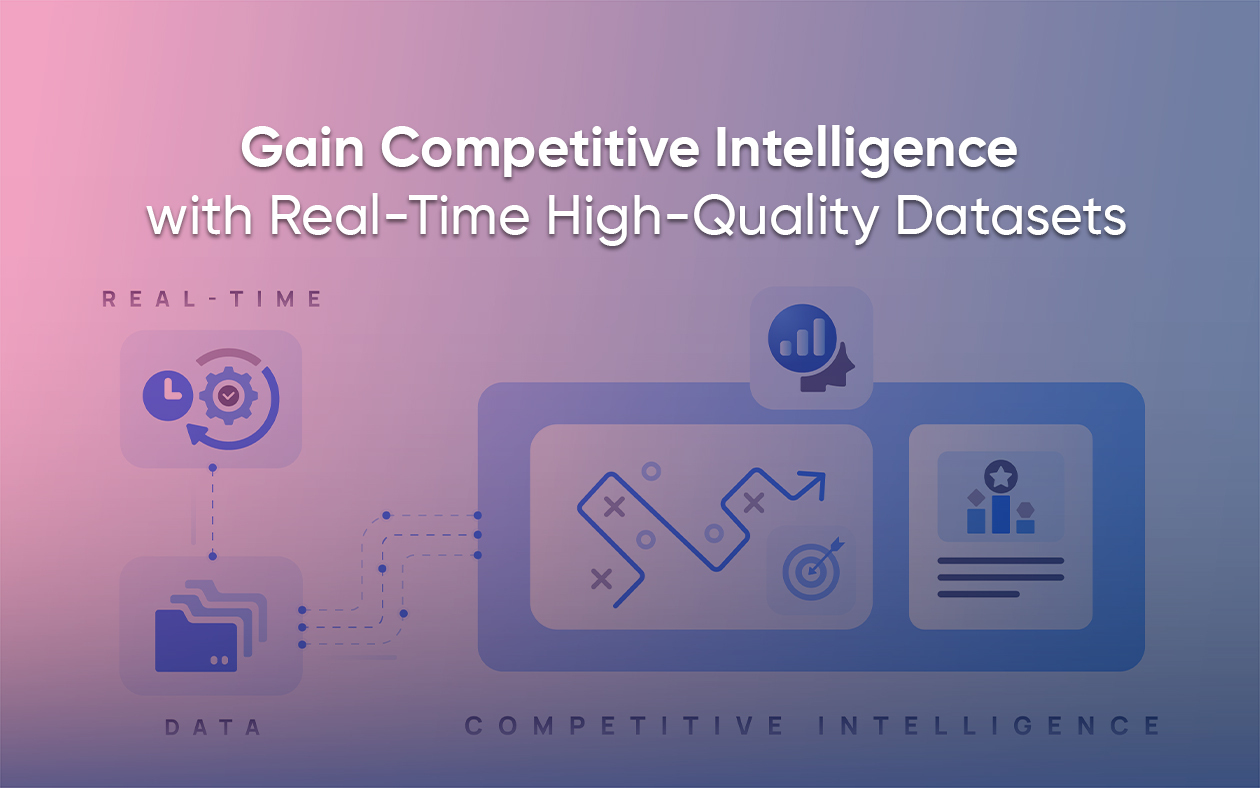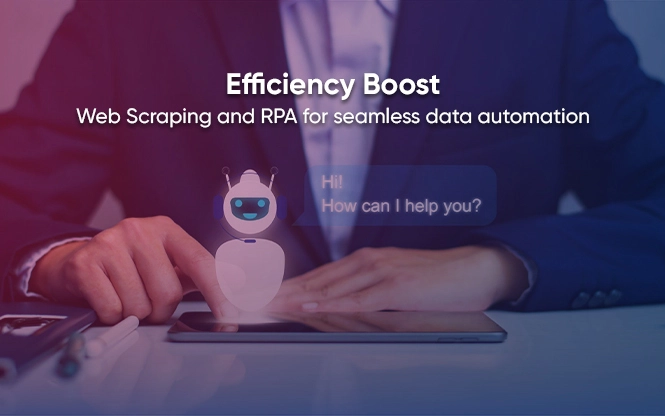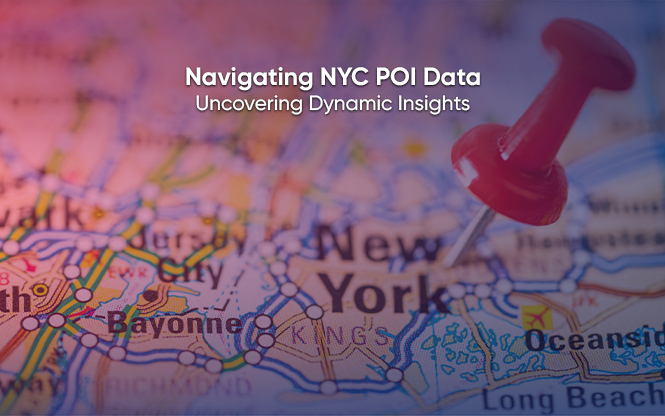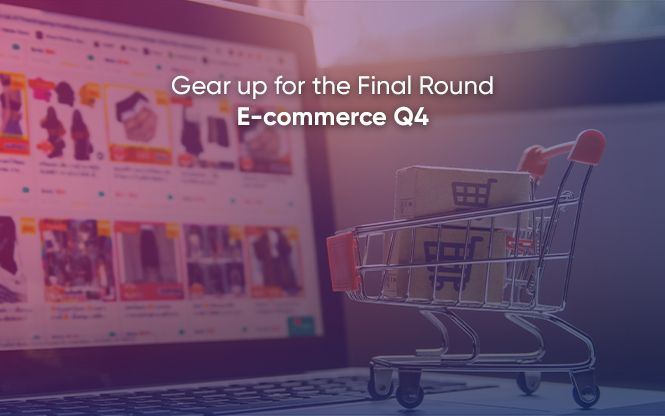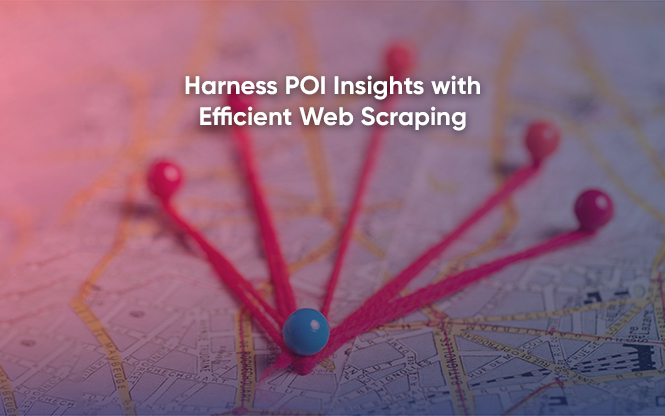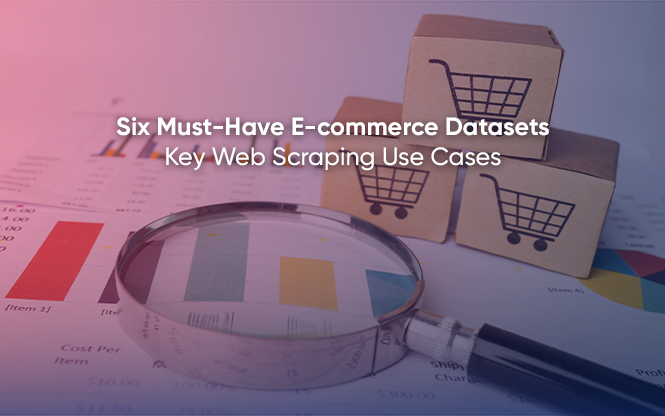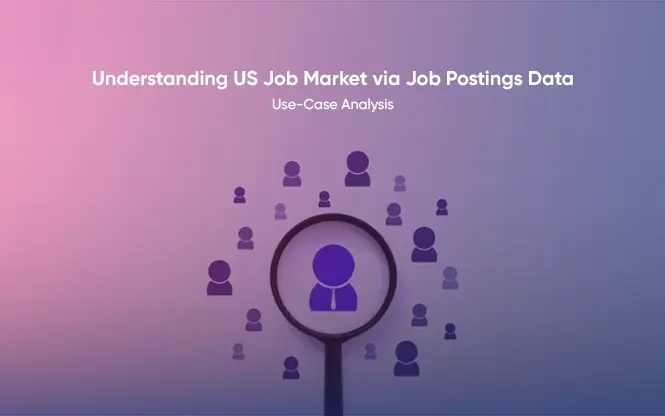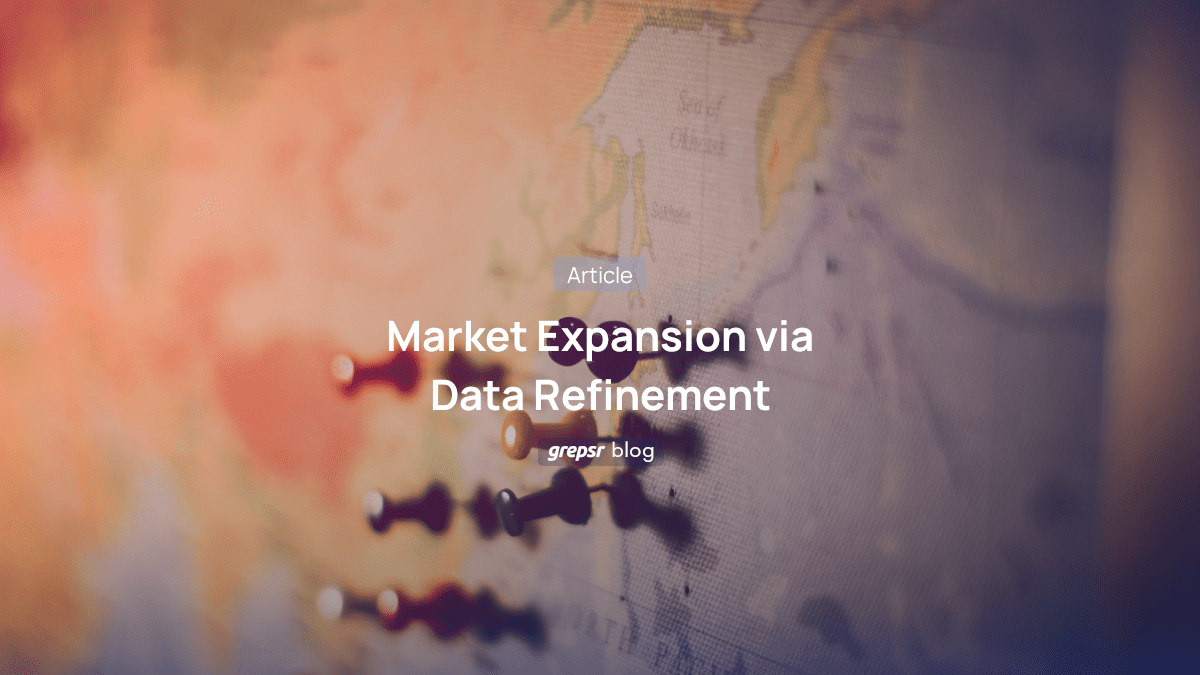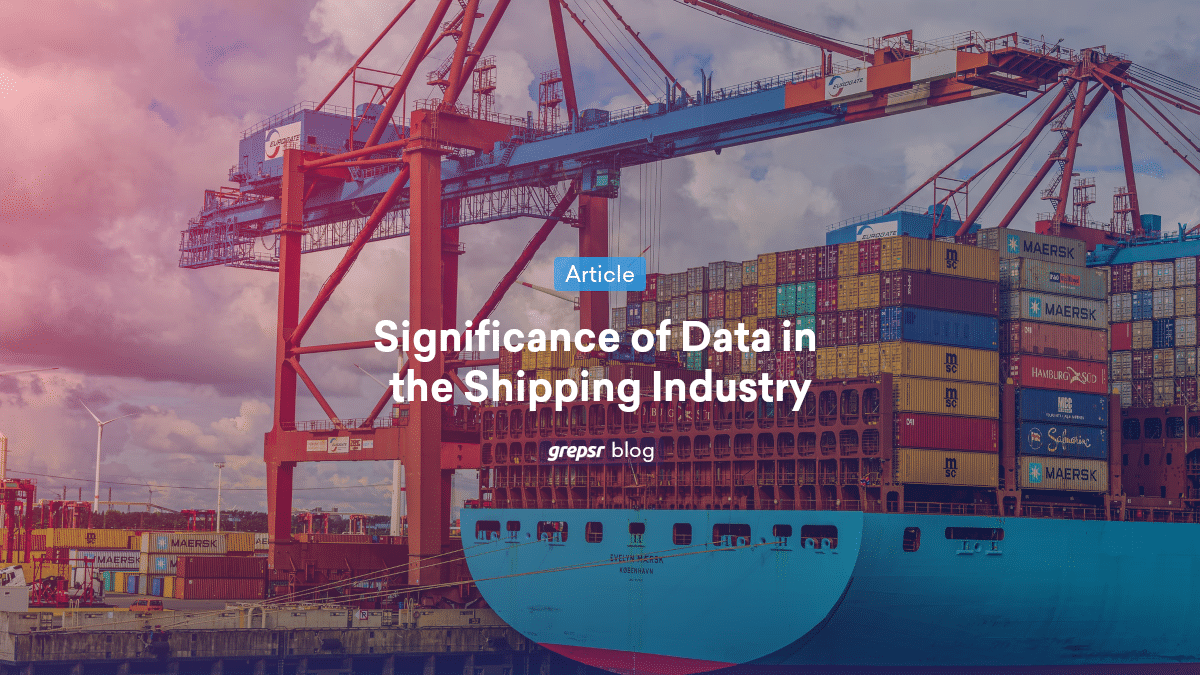
Search here
Can't find what you are looking for?
Feel free to get in touch with us for more information about our products and services.
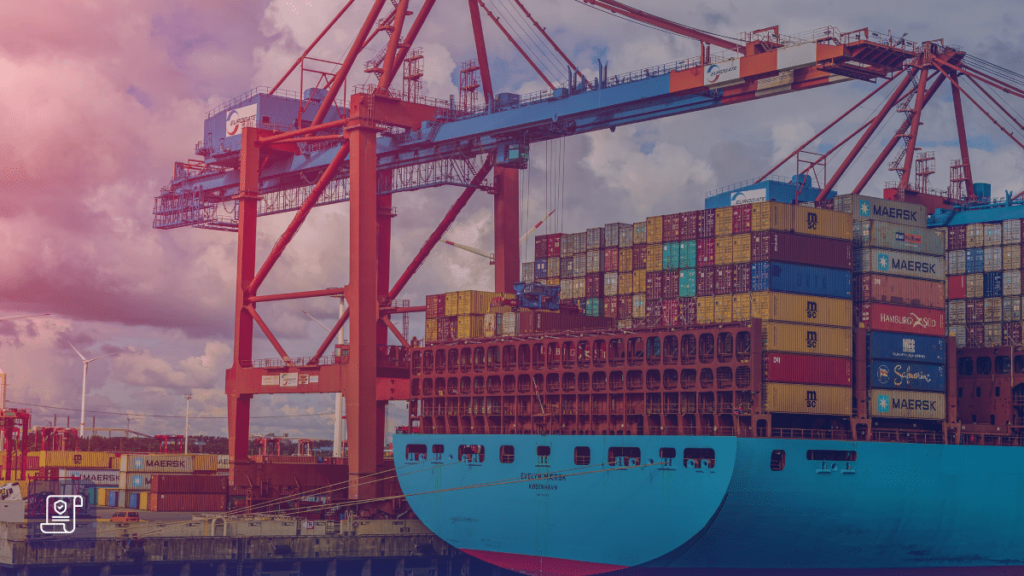
Before the pandemic, the global supply chain relied on predictable inventory flows. There was high schedule reliability, which meant the carriers usually followed the same schedules. This ensured the arrival of inventory in time, replenishment of stores, and constant operation of the factories.
With the surge in COVID-19 cases around the world, the schedule reliability of freight services took a dip. In response to the economic decline, factories reduced their production but when it jumped back again, ports struggled to offload containers, leaving many vessels lounging in the sea.
This called for a radically new approach to monitoring supply chain data.
Grepsr, for its part, realized the importance of shipping data early on. We’ve helped innumerable cargo find a safe passage on the sea, with actionable data.
Topics covered in this article:
Port congestion causing major problems
Take a look at this headline published in Forbes on November 16, 2021: Logjam At Port Of Los Angeles Beginning To Ease.
The cargo sitting at the port subject to fines, which becomes eligible if it sits there for more than 9 days, has been reduced by 25%. Thankfully, the port will receive $500 million from the $1.2 trillion bill signed by President Biden to increase efficiency.
The situation was dire before the presidential intervention. Some even referred to the logjam as the “containergeddon” as Walmart and rivals began hiring their own ships to meet the domestic demand.
Port congestion is a major problem faced by companies not only in the United States but all over the world.
While the infrastructure bill will definitely help in easing port congestion in the United States, the increase in wealth and economic activities around the globe has it poised to do more business in the future. Which means more ships and more cargo.

Modern problems require modern solutions
On the issue of port congestion in Los Angeles, we can rightly infer that no amount of bills will solve the problem entirely since the entropy of the shipping industry is on the rise.
For preparedness alone, we recommend you look at this alternative way to deal with the problem.
Just like how data is transforming other industries, it is time we look at its application in this segment as well.
Applications of data in the shipping industry
While data may not eradicate all the physical hurdles that lead to port congestion, it will certainly give you enough insights to understand what you’re getting into.
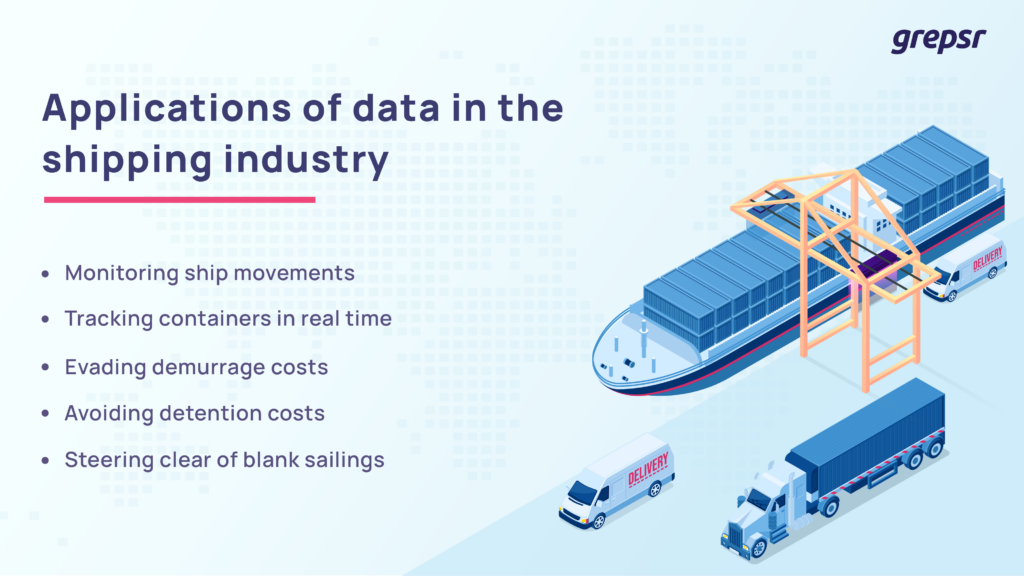
Here are some ways you can use data to secure your investments:
Container tracking
By gathering real-time data from freight forwarders, carriers, ports, and various other service providers from the web, you can monitor the availability of cargo space. Saving you time and money in return.
Spot cost-cutting opportunities
Leveraging geolocation data in the here and now will enable you to predict the in-transit stock’s price and help you spot cost-cutting opportunities early on.
Chartering
Charterers can source data from the web such as ETA (Estimated Time of Arrival), vessel particulars, and vital market information to find out the best ship to transport their product.
Route tracking
The ship’s data can be tracked when it is on the move, such as the speed, transit distance, route traffic, historic performance, and the ETA (Estimated Time of Arrival). Some alteration to any of those factors and more can be tracked in real-time, thus helping managers decide on the most successful and profitable voyage.
Vetting freight services
Data can also be used in the vetting process. You can collect data from different data sources on the web to select the right vessel to move your products. Some factors you might want to consider are security, navigation, and pollution preparedness.
Feeding the RTTVP
An RTTVP (Real-Time Transportation Visibility Platform) is a platform that feeds on data we gather, enabling supply chain managers to detect deviations from transportation schedules soon enough for timely action.
The innovation here lies in figuring out ways to use the data you have at your disposal to achieve your business goals. To expand your reach in acquiring data, however, you can always count on us.
About Grepsr
We come with extensive experience in extracting data of every ilk. Over 10 years of toiling in data acquisition puts us in a unique position to provide you with clean, up-to-date data.
Our team often sits down with the stakeholders for lengthy brainstorming sessions to find new avenues into possible data harvesting.
The seasoned coders here at Grepsr know the ins and outs of the shipping industry, at least when it comes to data.
Whether you own a shipping data aggregator or a trading company, if you need shipping data to save yourself from the ills of port congestion, you now know whom to call.




